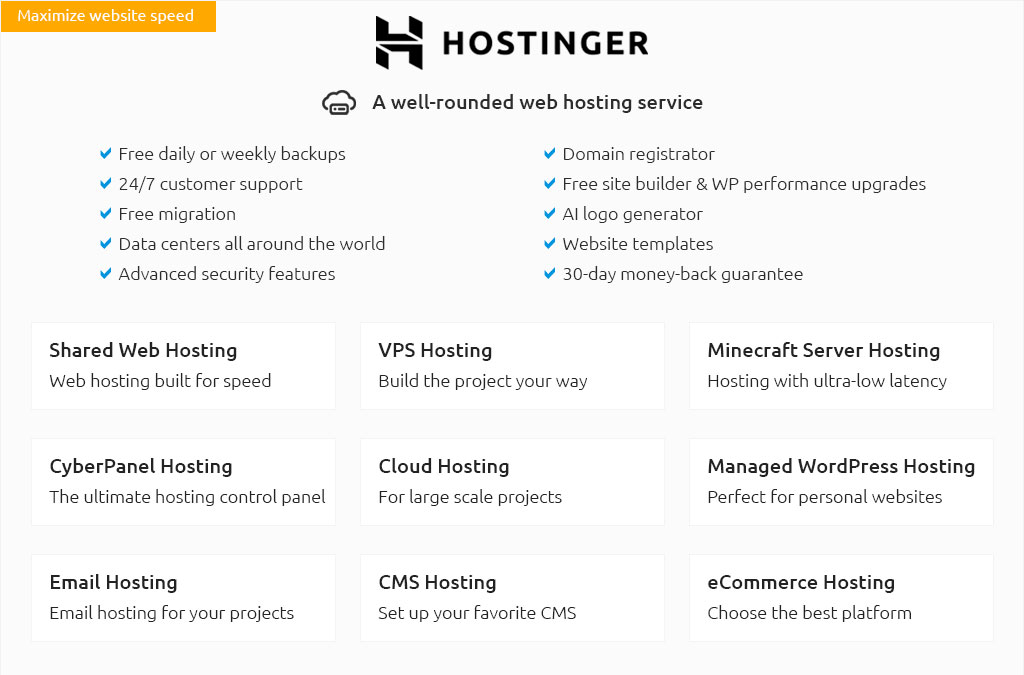 |
|||
 |
 |
 |
|
 |
|
 |
 |
 |
|||
 |
|||
 |
|||
 |
|||
 |
 |
|
Unlock the digital realm with the ultimate web hosting reviews at 'Find Host for Website'-where your journey to online success begins with confidence and clarity; we cut through the clutter of generic promises to deliver razor-sharp insights, empowering you to make informed decisions, harness blazing speeds, robust security, and unparalleled uptime-because your website deserves nothing but the best in the business!
https://check-host.net/ip-info?lang=en
This service is useful when you want to know a location of your site or server, or just any IP address. Make website monitoring more comfortable. https://hostadvice.com/tools/whois/
It allows you to type a domain and immediately find out who owns it. Note Note: Each IP address usually belongs to a particular web host, and hosting checker ... https://superuser.com/questions/1533680/how-can-i-find-the-web-host-company-for-a-web-domain
2 Answers 2 ... To answer your specific whois question: You can go to a site like lookup.icann.org and enter the name of the website. For example ...
|